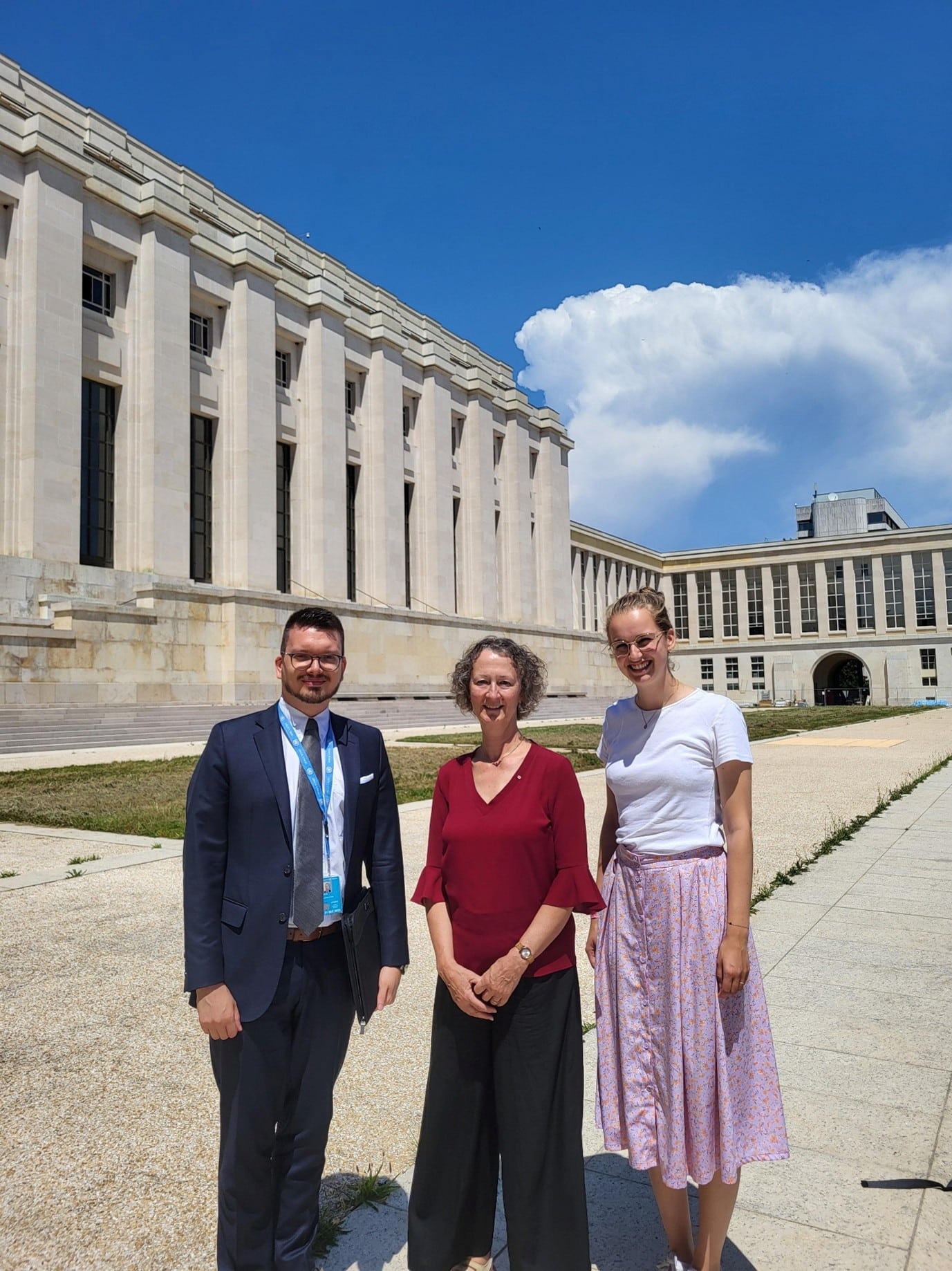"The Cry," Munich's painting of a young woman's primeval scream standing on a bridge in a sunlit day comes to mind as we witness unbelievable horror and feel the unimagined suffering of killings in North America and abroad.
Questions on "Why does God allow evil?" asked on daily talk shows was asked of me by Syrians in a refugee camp.
There are two ways forward: first logic – why does a sovereign and good God not eliminate evil? The second is to follow the biblical narrative, seeing over time if God is doing something about it.
First, the path of logic. Here are some possible ideas: (1) God wants to prevent evil, but can't which makes him impotent. (2) He is able but won't which makes him mean. (3) God wants to eliminate evil and is able, which leaves us back where we began. (Hume, 18th century philosopher)
There is another possibility: could God create a world where there is free choice but only one choice and that to do good? Your counter argument would be, "But that's hardly an exercise of free will." Also it defies logic. To say God can fashion a world where humans are free to do good or evil but only allowed to do good, makes God self-contradictory. We can't have our cake and eat it too.
Wired with choice Augustine, 4th Century theologian put it this way:
"Such is the generosity of God's goodness that He has not refrained from creating even that creature which He foreknew would not only sin, but remain in the will to sin. As a runaway horse is better than a stone which does not run away because it lacks self-movement and sense perception, so the creature is more excellent which sins by free will than that which does not sin only because it has no free will."
God, both all-powerful and good, gives us space to choose good or evil. The first human parents being in a state of innocence, not perfection, chose evil over good, temptation over the Creator's will.
Consider this: Creation was made more perfect by allowing free choice which includes evil. (Philosopher Alvin Plantinga) While it was a risk we would choose evil over good, choice is embed in our very existence and critical to our being imago Dei, that is, being made in his image.
So what is God doing about it? The Hebrew Scriptures beginning with creation describe the Divine and human as their relationship unravels, an unraveling that continues through multiple generations who choose good and evil, evil often being the winner.
We see it characterized in the amazing story of Abraham, father of both Jews and Arabs who receives the promise of a great nation. In his travels, he lied about his wife to an Egyptian Pharaoh, distrusted the promise for a son, bred another, was called on to sacrifice his son and ends with these two peoples forever at loggerheads, as Israel and Gaza demonstrate.
We see the manoeuvring human will in exercising freedom, doing good but too often exploring deep caverns of moral depravity, while wrapping themselves in fig leaves to deceive the Divine.
In short, it didn't work. Evil triumphed.
The Hebrew Scriptures morph into a head-on clash of evil and good as God steps in. What we begin to see through the Old Testament weaves itself into the new as the promise of presence – God is with you. This is alongside the promise of a new future – the Redeemer will recompose the human heart and destroy the cosmic force of evil.
Jesus of Nazareth fills out that narrative – he enters as God who is sovereign and good: he is creator and child in a stable, a fusion of the Divine and human we call "incarnation." This coming together of the two sides in death asks what grieving parents ask, "My God, why have you forsaken me?"
In the end his resurrection is the Christian answer to good and evil. While the good of God wrestles yet with evil, the triumphant Easter morning declares that evil, an earthly constituent, is defeated. The Christian hope puts the finality of that defeat in the future, but in faith, that too is assured.
Yes, God allowed humans the choice of evil and good to make a creation that gave us freedom to choose. For parents in Connecticut, Syria or Afghanistan, that won't fill the emptiness of a child gone. But it reminds us that each has the right to make choices. The cause(s) of the killing rampage need not go unaddressed. We can rise the next day and make changes for good.
The estimated twenty children killed in Bethlehem by a ruling mad man, within months of Jesus` birth reminds us he too understands violence. In today's moment, we find comfort knowing that death is not all there is to dying. One only need listen to the songs and words of funerals in Newtown to know that the promise of life, free from evil, is really, just around the corner.
Dr. Brian C Stiller
Global Ambassador
The World Evangelical Alliance
Dispatchesfrombrian.com





Stay Connected